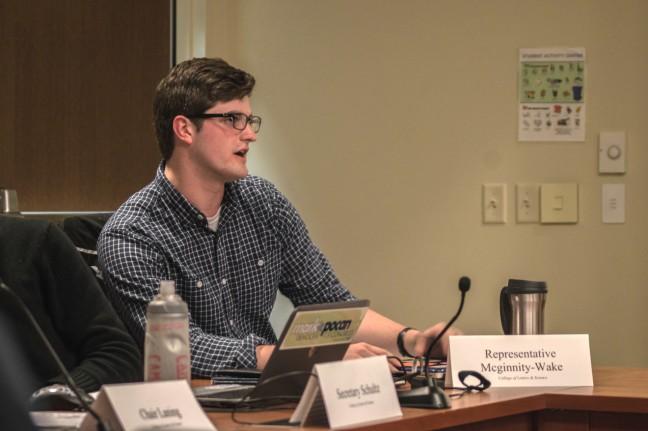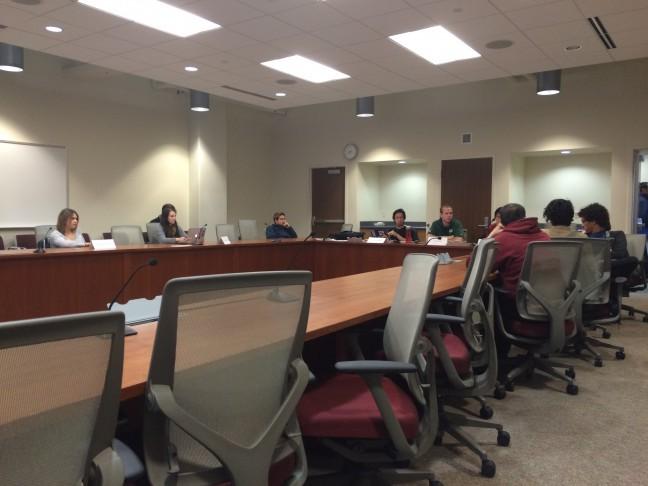The recall elections held in nine districts across the state this summer failed to shift the majority power at the Capitol, but have left many curious as to how the more even balance of control will affect policymaking.
Six Republican incumbents were taken back to the ballots Aug. 9 after the Democratic Party of Wisconsin, along with independent recall campaigns, gathered enough signatures to attempt to take back the majority control, University of Wisconsin political science professor Charles Franklin said.
While four incumbent Republican senators maintained their seats in the Aug. 9 elections, Republican incumbents Randy Hopper of Fond Du Lac and Dan Kapanke of La Crosse lost their seats to Democrat challengers Jessica King and Jennifer Shilling, respectively.
The second set of recalls, held July 19 and Aug. 16, served as an an attempt by state Republicans to oust three Democratic senators who left the state last spring during the budget repair bill proceedings, Franklin said.
All three Democratic incumbents managed to hold on to their seats.
In contrast to the previous session, which consisted of 19 Republicans and 14 Democrats, the new session will host 17 Republicans and 16 Democrats.
Franklin added most of the recall elections were held in districts that voted favorably for Republican Gov. Scott Walker during the gubernatorial election in the fall of 2010.
Democrats fell short of the overall goal of the recall elections, as the Republican majority in the Senate remained intact.
Graeme Zielinski, spokesperson for the Democratic Party of Wisconsin, said having only a single member majority will make it difficult for Senate Republicans to pass high profile legislation without bipartisan support.
“There’s no way that Scott Walker could have gotten the legislation approved in the last session passed in this Senate,” Zielinski said. “There was no compromise from him before, but in the 17-16 Senate he won’t be able to act that way.”
Zielinski alleged Walker has a history of active partisanship – something Zielinski said he does not anticipate will change during the coming session, but the single member majority could conceivably make it harder for more staunchly-partisan legislation to be passed into law.
Still, Franklin said it is just as likely moderate legislation would have difficulty passing if a conservative senator chose to block such a bill on grounds it did not go far enough to the right.
Andrew Welhouse, spokesperson for the Committee to Elect a Republican Senate, said state Democrats made a commitment to partisanship when they left the state to halt a vote on the budget repair bill last spring.
Welhouse said the Legislature is weakened with the loss of Hopper and Kapanke.
He added preserving a majority in the Senate allows Republicans to keep passing legislation they promised during the 2010 election campaign, such as balancing the state’s budget.
“We ran on a lot of promises in 2010,” Welhouse said. “The protests and the recalls have thrown us off a bit, but now we can get back to pursuing those promises.”















